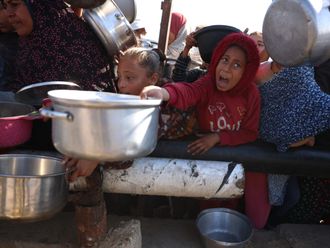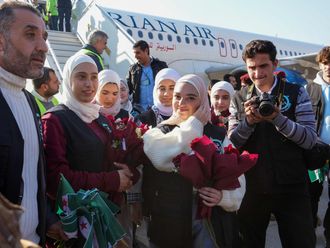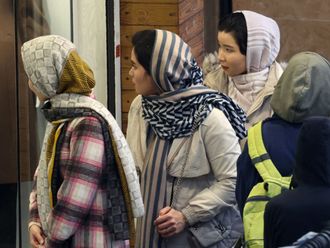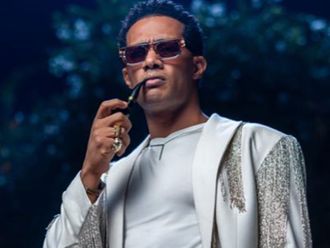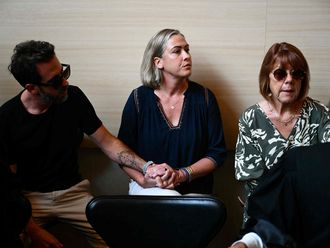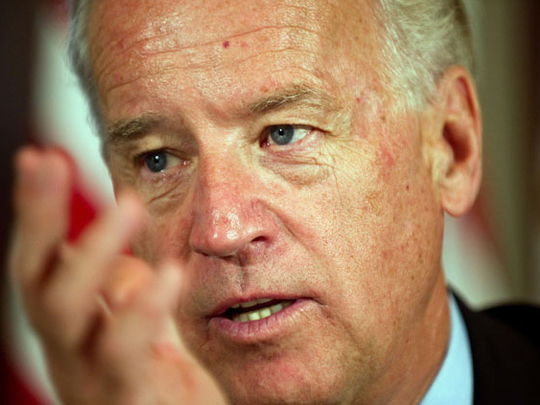
Baghdad: Vice-President Joe Biden landed Saturday on what appeared to be a dual mission in Baghdad: to visit US troops during the July Fourth weekend and coax Iraqi leaders into ending their government impasse.
Top Obama administration officials have been reluctant to visit Iraq since its deadlocked March election failed to produce a clear winner. Biden's trip may signal the US is stepping up its efforts to hammer out an agreement among Iraqi political rivals and get a new government in place as soon as possible.
Biden is the White House's point man on Iraq issues, and was last in Iraq in January.
The vice-president landed at an air force base in Baghdad and was immediately scheduled to head into meetings with US Ambassador to Iraq Christopher Hill, the top American military commander in Iraq, US Army General Ray Odierno, and the top UN envoy to Iraq, Ad Melkert. Biden is expected to meet with Iraqi leaders on Sunday.
In an unrelated trip, Senator John McCain of Arizona, the top Republican on the Senate Armed Services Committee, met on Saturday with Prime Minister Nouri Al Maliki in the Iraqi capital. McCain was in Baghdad on a congressional delegation travelling separately from the vice-president.
Biden's trip comes at a sensitive time for Iraq. The newly elected parliament is scheduled to meet later this month for the second time since the March 7 vote, but vying political factions remain deadlocked over which bloc has enough support to pick its new leaders, including prime minister.
Parliament has only about a month to end the impasse before the start of Ramadan in August, when little official business gets done in the Arab world. Adding to the urgency, all but 50,000 US troops are set to leave Iraq by the end of August in a test of whether the fledgling democracy's security forces are ready to protect its people from insurgents and other terror threats.
Persistent violence has raised fears that Al Qaida in Iraq and other militants are trying to exploit the political deadlock to foment unrest and derail security gains as the American military prepares to withdraw all of its troops by the end of next year.
Analysts and some Iraqi lawmakers have warned that the end to the political gridlock still could be months away.
Al Maliki, who leads a Shiite political coalition, is battling to keep his job after his rival Sunni-backed Iraqiya list narrowly won the most seats in the March 7 balloting. But Al Maliki has tried to outmanoeuvre his challengers by creating a so-called super-Shiite alliance that would give him more seats in parliament than the Sunni-backed Iraqiya list led by his chief rival, former prime minister Eyad Allawi.


